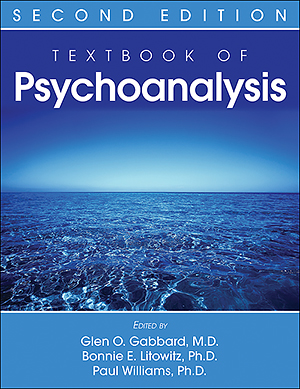Sections
Excerpt
When psychotropic Medications were first introduced in the late 1950s, primarily for the treatment of schizophrenia and depression, the initial reaction of the psychoanalytic community ranged from skepticism to outright rejection. In general, psychoanalysts considered psychotropic medication to be a “superficial” treatment that addressed symptoms but did not affect the underlying psychic conflicts presumed to be the etiology of psychological illness (Sarwer-Foner 1960). After this initial rejection, however, many analysts recognized that the use of medication could reduce florid symptoms that interfered with the development of analytic process. Thus, at times, medication could be necessary and useful. Nevertheless, most analysts believed that medications were at best a necessary but undesirable adjunctive treatment. If possible, the psychoanalytic situation should be left undisturbed (Ostow 1962). For example, in 1986 Normand and Bluestonewrote the following about the indication for adjunct use of medication in psychoanalysis:
Access content
To read the fulltext, please use one of the options below to sign in or purchase access.- Personal login
- Institutional Login
- Sign in via OpenAthens
- Register for access
-
Please login/register if you wish to pair your device and check access availability.
Not a subscriber?
PsychiatryOnline subscription options offer access to the DSM-5 library, books, journals, CME, and patient resources. This all-in-one virtual library provides psychiatrists and mental health professionals with key resources for diagnosis, treatment, research, and professional development.
Need more help? PsychiatryOnline Customer Service may be reached by emailing [email protected] or by calling 800-368-5777 (in the U.S.) or 703-907-7322 (outside the U.S.).



